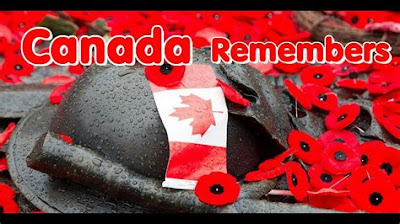The choice of this specific time was symbolic and carried great significance. The Armistice was a pivotal moment, bringing an end to four years of devastating conflict and immense human suffering during World War I. The 11th hour of the 11th day of the 11th month represented the cessation of hostilities on the Western Front, where some of the bloodiest battles were fought.
The timing of the Armistice signing was not arbitrary. The negotiators wanted to select a time that would have a memorable impact and ensure that the significance of the moment would endure. By designating the 11th hour, they sought to create a lasting symbol of remembrance and reflection.
In subsequent years, this moment in time became associated with remembrance and commemoration of the sacrifices made by military personnel. The 11th hour of the 11th day of the 11th month became an annual focal point for honoring the fallen, reflecting on the impact of war, and expressing gratitude for the end of hostilities.
To this day, on Remembrance Day, the 11th hour is marked by a two-minute silence. This act of remembrance allows people to pause, reflect, and pay tribute to the soldiers who lost their lives in war and to express gratitude for the peace they fought to achieve. The silence is observed as a solemn moment of reflection and unity across the country.
The significance of the 11th hour of the 11th day of the 11th month lies in its association with the end of World War I, the sacrifices made during the conflict, and the enduring desire for peace. It serves as a reminder of the human cost of war and the importance of working towards a world free from violence and conflict.
"In Flanders Fields" is a famous war poem written during World War I by Lieutenant Colonel John McCrae, a Canadian physician. Here are the lyrics:
In Flanders fields, the poppies blow
Between the crosses, row on row,
That mark our place; and in the sky
The larks, still bravely singing, fly
Scarce heard amid the guns below.
We are the Dead. Short days ago
We lived, felt dawn, saw sunset glow,
Loved and were loved, and now we lie
In Flanders fields.
Take up our quarrel with the foe:
To you from failing hands we throw
The torch; be yours to hold it high.
If ye break faith with us who die
We shall not sleep, though poppies grow
In Flanders fields.
These poignant and powerful verses pay tribute to the soldiers who lost their lives during the war and highlight the enduring importance of remembrance and continuing the fight for peace. The imagery of poppies growing among the crosses in Flanders fields has become a symbol of remembrance worldwide.
Source: Some or all of the content was generated using an AI language model


No comments:
Post a Comment